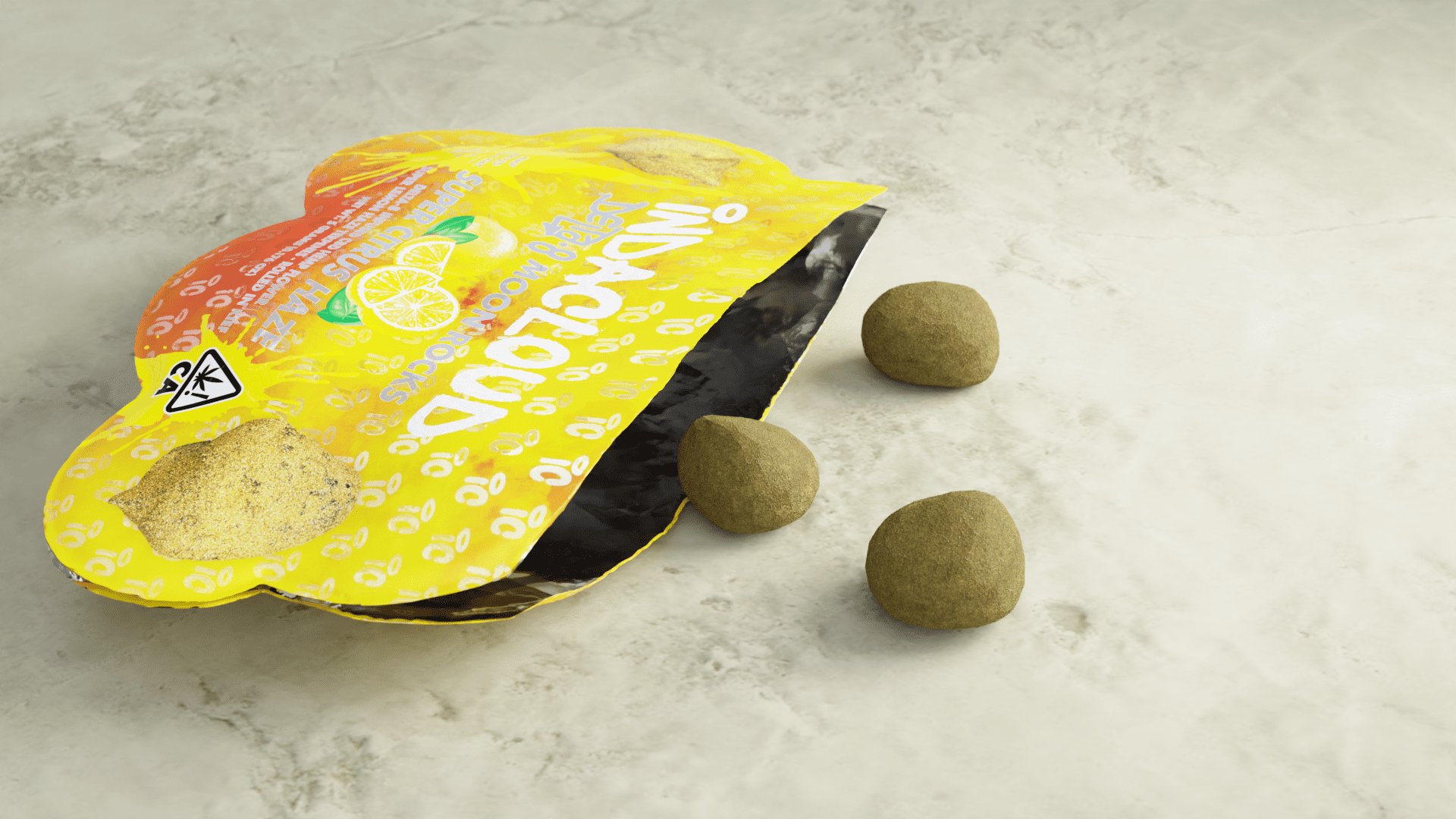What Is THC?
When you hear the phrase “THC” it refers to the Delta-9-THC isomer. This is one of 113 total cannabinoids on the cannabis plant. However, it is also possible to find a number of other THC isomers, such as tetrahydrocannabinol and trans-9-tetrahydrocannabinol. These are different substances that are found on the cannabis plant and are responsible for the psychoactive effects that the substance has.
 Delta-9-THC
Delta-9-THC
Among the cannabinoid compounds found in cannabis plants, Delta-9 Tetrahydrocannabinol, or D9 THC, is the most prevalent. The delta-9 form of THC comes with the highest amount of psychoactive effects, including high levels of euphoria and a sense of relaxation. It’s also believed to be a pain relieving drug. Delta-9 THC can have side effects, so it is important to be aware of these issues before you use the product.
Delta-9 THC can be used to treat various medical conditions including anxiety, multiple sclerosis cancer, multiple sclerosis, and other mental disorders. It can also be used to improve the appetite of those suffering from HIV/AIDS as well as to help people suffering from nausea triggered by chemotherapy. It can also be used as a natural sleep aid.
Although it isn’t federally legal in the United States, delta-9 THC products are legal in certain states. It is not regulated under the FDA. This makes it a little murky in terms of legality. In the meantime, it is best to Buy d10 Thc Delta-9 THC from a reputable vendor.
If you are looking for buy d10 Thc the best Delta-9 THC products it is a smart idea to buy from a legitimate cannabis online store. Products that have been tested in a lab for purity and potency should be picked. It is also a good idea to purchase delta-9 THC from a reputable, marijuana-friendly doctor.
As stated, the effects of Delta 9 THC are different than those of Delta 8. Although both types of THC can produce a similar “high,” the delta-9 product is more potent.
You may feel dizzy, sweaty or racing heart when you smoke delta-9, for example. You may experience the effects of dehydration too.
The effects of delta-9 THC vary depending on your body weight and how long you’ve been taking it. It’s a good idea reduce your dose to avoid an overdose.
THCB
THCB is among the most popular cannabinoids. It is a natural compound with similar properties as THC. It interacts with the brain’s endocannabinoid system and is regarded as an analgesic as well as pain-relieving agent. It also aids in regulating sleep patterns.
The structure of the THCB molecule is very like THC. It is composed of four carbon atoms. It is however more potent at CB1 receptor, which is the brain’s primary cannabinoid. Additionally, THCB has a butyl group that is unlikely to cause any safety issues.
THCB is relatively new to the market. It has not been thoroughly studied. Some researchers believe that THCB has a variety of psychoactive effects, though it isn’t clear if they are more important than those of THC.
THCB is also known for its anti-inflammatory properties. Research suggests that THCB could be helpful in reducing pain, and may also improve sleep.
THCB is available for consumption via vape, tinctures, and edibles. It is also available in distillate form. THCB might be slightly more potent than THC at CB1 receptors However, the differences are not significant.
THCB is compared to delta 9 THC, which is a less psychotropic version of THC. It is also believed to be more efficient in decreasing inflammation.
THCB is not suitable for all people, buy d10 Thc and it is recommended to consult with a healthcare professional prior to taking it. THCB has been found to cause dry mouth, drowsiness, and even eyes that are red. It is recommended that you start slowly and gradually increase your dosage over time.
THCA
THCA, which is the precursor of THC is derived from cannabis. Unlike THC, THCA is not psychoactive and has been proved to have several therapeutic properties.
Research has shown that THCA could possess neuroprotective and anti-inflammatory properties. It is also a possibility as an effective treatment for fibromyalgia arthritis and other health issues.
THCA has been proven to have a positive impact on appetite, nausea and pain. It can also assist in preventing neurodegenerative diseases. However, the role of THCA in the endocannabinoid process is still unclear.
THCA is found in all forms of cannabis. In fact, THCA is so prevalent in cannabis that it’s called the “mother of all cannabinoids.”
THCA is utilized in numerous ways. THCA can be extracted, vaporized or dabbed. It can be used in conjunction with CBD and THC to increase the bioavailability.
Federal law does not classify THCA as a controlled substance. However, sales of THCA could be investigated under the Federal Analogue Act.
There is not much research available regarding the effects of THCA on humans. The most efficient way to determine its safety and efficacy is to test it on human subjects.
THCA has been demonstrated to have therapeutic properties. However it is still a matter of research before it can be considered a valuable drug. There have been reports of THCA helping to treat symptoms of lupus, fibromyalgia as well as other ailments. THCA has been found to be safe and effective in treating a variety of ailments.
Although THCA isn’t a very well-known medicine in the United States of America, there is evidence suggesting that it is safe to consume. It is recommended that you consult your doctor before adding THCA to your diet.
Side effects of high potency THC strains
No matter if you’re purchasing marijuana for recreational or medicinal reasons, you must be aware of the potential adverse effects of high potency THC strains. There’s growing evidence that THC can be associated with a number of negative health consequences.
Some studies suggest that high-potency THC strains may increase your risk of developing psychosis. More research is needed to determine the precise impact these strains have on your health.
Certain researchers have suggested that the regular consumption of these products could lead to increased anxiety and depression. Young people could be at greater risk of developing a mental disorder when exposed to high-potency substances.
There is also an increased chance of suicide attempts. In addition, the frequent use of cannabis can affect your lung and heart health. The American Lung Association has called for more studies on the effects of cannabis on the lungs.
The use of THC can also alter your mood and memory as well as appetite. It can also cause irritation to your eyes. Some eye drops may cause dryness after use.
There is some evidence to suggest that higher doses of THC can result in a higher level of memory impairment. THC can attach to the brain’s cannabinoid receptors. This can decrease the amount of CBD in your system.
High-potency cannabis may increase the chance of having a psychotic episode. While you may experience some side effects of THC like paranoia, or headaches, these symptoms will not last for very long.
Another possible side effect could be Cannabinoid Hyperemesis Syndrome (CHS) A condition that can trigger abdominal cramps, dehydration, and nausea. It is essential to increase your dose slowly in order to avoid this condition.
THC-based medication might not be as effective as natural THC or cannabis
Medicinal Cannabis (also known as marijuana) is a substance that is derived from the cannabis plant. It is a medication that can be used to treat symptoms of cancer. It can be utilized in different ways, but cannabinoid-based medications are likely to be prescribed by a specialist doctor.
Cannabinoids are a group of 21 carbon compounds. They are found in cannabis plants. FDA approved them to treat side effects of cancer treatments. They are also thought to have curative properties.
Cannabinoids are created in the body and stored in adipose tissue. They interact with the hepatic the cytochrome P450 protein system. They can be used to treat nausea and vomiting caused by chemotherapy. They could also have analgesic properties. It is not clear if they are safe or effective.
Many pharmacokinetic studies have been done. These studies are intended to assess the effects of various cannabinoid dosages on various cancer-related symptoms. Some studies did not demonstrate significant weight gain. Other studies have shown no increase in the risk of certain cancers.
Two studies have examined the effects of oral delta-9-THC on cancer pain. The results of these studies showed analgesic effects similar to codeine. The doses utilized were greater than those in the control group. The analgesic effect was observable for 7 hours. Another study was conducted with patients who were taking dronabinol in combination with megestrol acetate. The combination was compared to megestrol acetate on its own.
 There aren’t many clinical trials that have randomized patients with cannabinoid-based medicines to test their appetite. While the PDQ cancer information summary summarizes the research but does not include any recommendations in the form of a formal document. It is updated regularly by the PDQ Integrative Alternative and Complementary Therapies Editorial Board which is independent from the National Cancer Institute.
There aren’t many clinical trials that have randomized patients with cannabinoid-based medicines to test their appetite. While the PDQ cancer information summary summarizes the research but does not include any recommendations in the form of a formal document. It is updated regularly by the PDQ Integrative Alternative and Complementary Therapies Editorial Board which is independent from the National Cancer Institute.